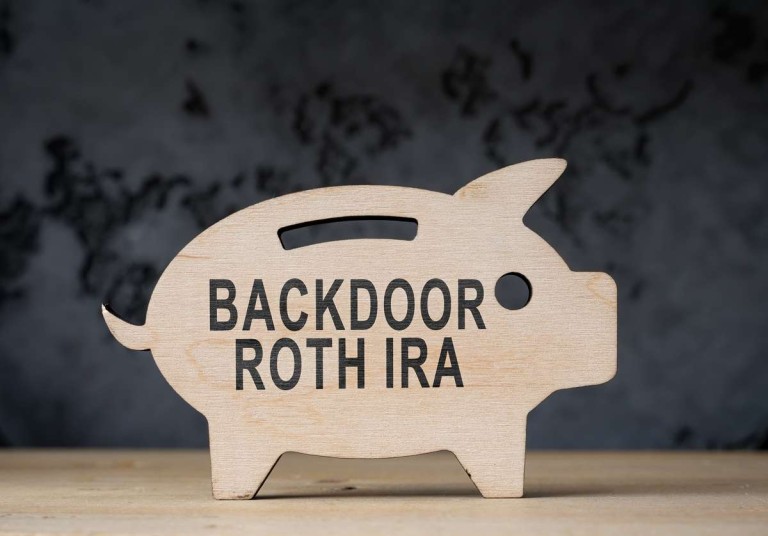Changing jobs is a large step for many individuals during the course of their career; and changing employers happens more often than many realize. A recent study found just over 20% of US workers change jobs annually and it’s estimated that just over 40% of the US workforce will change employers at least one time within a four year period.
Although employment transition can be challenging, it’s important to not lose sight of your 401(k) rollover options and your eligibility to move these retirement funds to a rollover IRA.
This article will answer both questions - How to transfer a 401k between jobs and can you transfer a 401k between jobs?
What is a 401(k) rollover?
A 401(k) rollover is when you move retirement funds from an employer sponsored retirement plan to an individual retirement account (IRA).
What are your 401(k) rollover options?
Leave your current 401(k) account where it is currently held - allowing your retirement funds to remain with your prior employer while being subject to the plan’s rules, fees, and limitations.
Roll your 401(k) account to your current employer's 401(k) account - If your new employer offers a 401(k) your retirement funds could be transferred from a previous employer's plan to your current employer's qualified retirement plan and will be subject to that plan’s rules, fees, and limitations.
Cash out your 401(k) - This option allows you to take possession of your retirement funds in the form of cash, triggering a taxable event for the balance of your account. Income taxes would be payable by April 15th of the following year. This is not advisable in most cases.
Roll your 401(k) to an Individual Retirement Account - This option allows retirement funds to stay invested on a tax-deferred basis while offering many more investment options to choose from.
Advantages of Rolling Over Your 401(k) to an IRA:
Reduced Fees Within IRAs:
401(k)s generally are more costly to maintain than IRAs. A typical 401(k) requires fees for record keeping, accounting, day to day operations, plus, legal and trust services. Investments within a 401(k) tend to be more expensive on average as well.
IRAs are used in lieu of 401(k)s after separation of service because they quite often omit these type fees.
More Investment Options:
Gaining access to a greater number of investment options is a legitimate reason to choose an IRA over an employer provided 401(k). When funds are transferred, an IRA account holder can choose from 1000s of equity and bond offerings and a large number of exchange traded funds (ETFs) to invest in. Most of these investment options have little to no fees associated. Having a large number of investment options helps the account holder with diversification and allocation - two keys for successful investing.
Frequently Asked Questions:
How to Rollover your 401(k) to an IRA?
To rollover your 401(k) to an IRA, make sure you have an open IRA account. Once it’s open you need to notify your employer that you want to roll your 401(k) account to the IRA. Just make sure the check issued from the 401(k) account is made out to the IRA’s custodian (Brokerage Firm). This is known as a trustee to trustee transfer and will avoid a mandatory 20% tax
withholding.
Once the transfer takes place you will have the flexibility to invest/manage the account based on
your individual risk tolerance, suitability, and time horizon.
What’s a Rollover in a 401(k)?
A 401(k) rollover is when retirement funds are moved from one qualified retirement plan to another. For example, a 401(k) to a Rollover IRA. However, there are many different types of retirement accounts that are eligible to rollover to an individual retirement account.
Is it Worth Rolling Over a 401(k)?
For many individuals with a 401(k) account, rolling to an IRA account makes sense. An individual retirement account (IRA) generally has lower fees, greater investment choices, and often, more flexible rules. Avoid pitfalls that may cause you to pay taxes when rolling to an IRA. Contact William Bevins for details.
Does it cost money to Rollover a 401(k)?
A 401(k) to IRA rollover does not trigger a fee. Your retirement money will also preserve its tax-deferred status. Enquire about the necessary steps to transfer a 401k when you switch from a former employer to a new employer's plan.
Take the Next Step
If you have more questions or would like to discuss this retirement savings technique further, contact me by email or directly 615-469-7348.
About William Bevins: William Bevins is a CERTIFIED FINANCIAL PLANNER. His training includes the areas of tax, insurance, and estate planning. His planning is designed to help professionals achieve their financial goals through retirement planning, smart investing, reducing taxes, and maximizing their money.
For more information, please reach out via email [email protected] or visit my website for help. Follow on Facebook.




